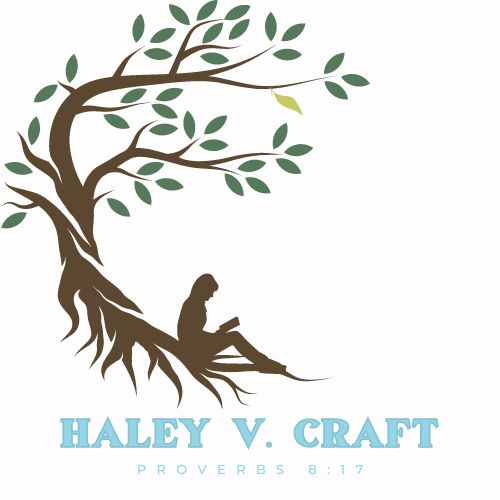Then the LORD God took the man and put him into the garden of Eden to cultivate it and keep it.
—Genesis 2:15
It was my fourth year of teaching. The first three years had been difficult, not just because of the learning curve that had only just stopped making my head spin, but also because of significant behavior problems. So it was with great joy that I discovered that my students that year, generally speaking, were quite well-behaved.
It was amazing. For the first time in my career, I got to have fun in class instead of just worrying about who the next challenge to my authority would come from and what I would have to do about it. I genuinely considered it my golden year.
Life was grand and I was so, so sure it was going to stay that way…but even the people we love the most get on our nerves from time to time, and by the time spring break was knocking on our door, the golden year with the golden students was looking a little dingy from my seat at my desk.
The kids were whiny, I was tired, and everyone was desperately in need of the break that was still two weeks away. That’s when it happened.
I had finished my direct instruction for the day and had worked hard on an assignment to reinforce my students’ understanding of the skills. I passed out the papers, explained the instructions, and asked the fateful question, “Does anyone have any questions before we begin?”
A hand shot up immediately. It was a young man on the far end of the classroom who’d had a bit of an attitude all week. “Why do we have to do this? There’s no way this is ever going to help me in life.”
Y’all it’s only by the grace of God that actual steam didn’t start whistling out of my ears. I was so frustrated, partly because the child was being disrespectful and partly because at this point, we had spent seven months together in the classroom. My students knew I was working on my second degree in English Literature, and they knew me well enough to know that I was on their side and had no interest in giving them meaningless busywork. All they had to do was trust that I knew where they needed to go and that I cared enough not to lead them astray. All they had to do was trust.
Sitting in my quiet classroom during my planning block it hit me—all they had to do was trust. They didn’t need to know every detail of the path they would need to walk. Knowing all those details would have been overwhelming, and that’s why I was there, leading them step by step if only they would trust me.
And then it wasn’t me thinking about me and my students; it was like I had gotten the tiniest of glimpses into what it must be like to be God when I look at Him after He gives me an assignment and say “Why do I have to do this? There’s no way this is going to be helpful or significant.”
At that point, I had been walking with God for over two decades. I knew Him and His love for me. I knew He knew the path ahead, and if He revealed it to me, I probably wouldn’t be able to handle it (I mean if He’d told me about this writing thing, I probably would have run the other way screaming). But I still sometimes asked, “Why do I have to do this?” It wasn’t a slice of humble pie; I felt like I got the whole pie to the face.
I don’t know if you’ve ever had a similar experience at your job, but I think it’s a good example of an important truth—work is good, and you can’t have anything good without God having a part in it.
Work gets a bad reputation because of its relationship to the curse after the fall of man and because, let’s just be honest, it can get old sometimes, but ultimately, it was ordained by God in Genesis two. It was His idea, and He modeled it for us in Genesis one, so this week, our goal is to stop, look, and listen when we’re at work to see what God can teach us about Himself.
Our work might be our jobs or it might be a ministry we volunteer with or raising the kids or working around the house or being a prayer warrior for the people we love or any number of other things. God has given each of us different assignments, and I’m convinced that each of those assignments holds a hidden gem of truth that, if we find it, will reveal another facet of our Father we never knew was there.






0 Comments